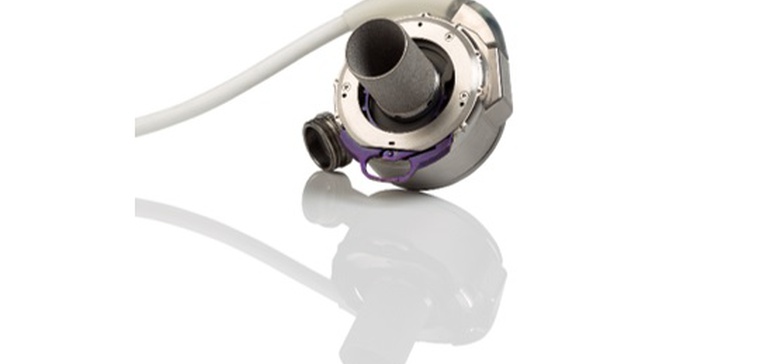Dive Brief:
- Abbott on Monday said FDA approved a less invasive surgical technique for its HeartMate 3 heart pump that will spare more patients from open heart surgery to have the device implanted.
- Called lateral thoracotomy, the alternative procedure enables the mechanical HeartMate 3 pump to be implanted via an incision between the patient’s ribs, resulting in less bleeding and a shorter recovery time, the company said.
- Abbott said two studies supported the FDA approval: a postmarket registry called Elevate and the LAT single-arm multicenter feasibility trial. Both showed patients who underwent the less invasive approach had lower rates of bleeding requiring surgery, infection and arrhythmias compared to patients who had open heart surgery.

Dive Insight:
Abbott and Medtronic, its key competitor in the market for ventricular assist devices, continue to invest in improvements to the life-extending pumps that provide circulatory support to patients with advanced heart failure. Medtronic gained FDA approval for use of a thoracotomy procedure for its HeartWare LVAD in 2018.
The devices help pump oxygenated blood from the left ventricle into the ascending aorta and can be used as a bridge to a heart transplant or as destination therapy for patients who are not candidates for a donor heart. HeartMate 3 was approved in 2017 for patients awaiting a transplant and in 2018 as a destination therapy. Abbott said in 2019 that some HeartMate recipients have lived with the device for more than 10 years.
HeartMate 3 is the third generation of the device that Abbott gained as part of its $25 billion acquisition of St. Jude Medical in 2017. St. Jude bought HeartMate developer Thoratec for $3.4 billion in 2015.
Medtronic acquired its LVAD system in 2016 when it paid $1.1 billion to buy HeartWare International. The technology continues to evolve, with Medtronic announcing in October that it received FDA’s breakthrough designation to develop a fully implantable LVAD that would eliminate the need for a cable to connect the implant to an outside power source.
In December, Abbott encountered two issues related to the power supply for HeartMate 3 that prompted the company to warn doctors of the potential for serious injury to patients. Incorrect connection of the device cable when exchanging controllers can result in loss of electrical power to the pump, Abbott said. The problem was linked to a death rate of 0.05% and a rate of hemodynamic compromise, in which blood flow from the device is reduced or stopped, of 0.07%, the company said.
Abbott also said it had received reports that excessive static electricity had caused power loss to patients’ HeartMate mobile power unit modules. Two serious injuries due to hemodynamic compromise were reported in connection with the problem.
